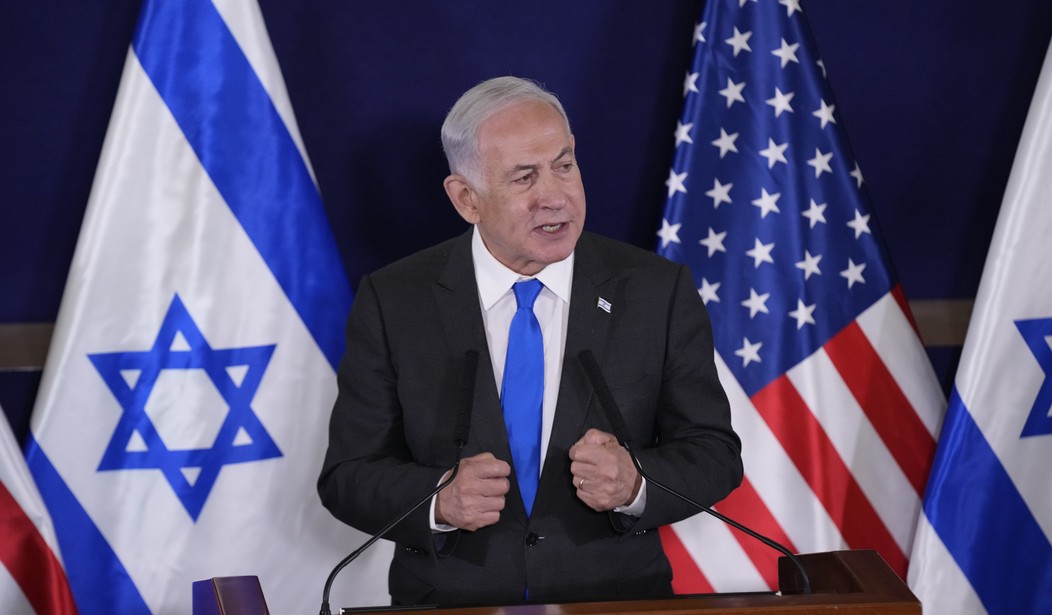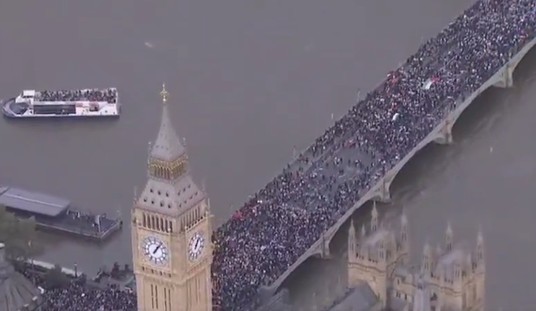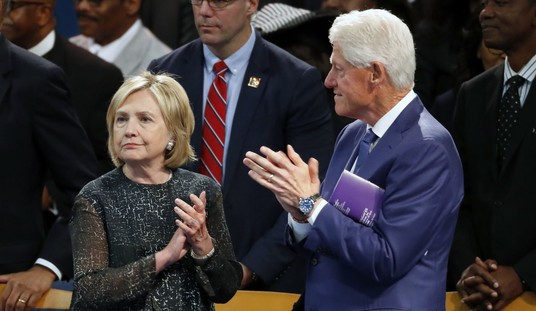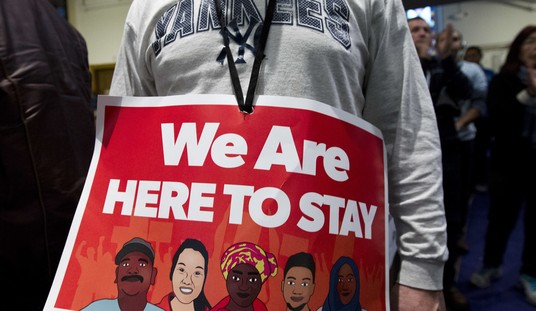Israeli Prime Minister Benjamin Netanyahu on Saturday firmly stated that the Palestinian Authority (PA) will not have any role in governing the Gaza Strip after Hamas is eradicated. The announcement flies in the face of the Biden administration and the United Nations, both of whom have insisted that this should be the outcome after the war is concluded.
Netanyahu’s declaration comes as the U.S. and U.N. have been pressuring Israel to allow the PA to take over the region.
Israel has no intention of handing Gaza over to the Palestinian Authority once the war is over, Prime Minister Benjamin Netanyahu said on Saturday night as he rebuffed United States pressure to do so.
“The Palestinian Authority in its current form is not able to take responsibly for Gaza,” Netanyahu said.
‘After we fought and did all this, how could we hand it over to them?” Netanyahu asked.
He noted that Palestinian Authority President Mahmoud Abbas has yet to condemn the October 7 massacre that sparked the Gaza war, in which Hamas killed over 1,200 people and seized over 239 hostages.
“Abu Mazen 43 days after the worst massacre of Jews since the Holocaust has refused to condemn it,” Netanyahu said, adding that there are Palestinian ministers who are celebrating the event.
In addition, the PA has a policy of paying monthly stipends to terrorists and their families, Netanyahu said, adding that it also educates its children to hate Jews.
He recalled that after the IDF withdrew from Gaza in 2005, it handed it over to the PA, which was then ousted by Hamas in a violent coup in 2007.
“If there is no change here, what have we done. They [the PA] were already there, they were given the Gaza Strip and what happened, they were destroyed and chased out of there in less than a year,” Netanyahu said.
“There has to be a change here, that is my opinion and I stand by it,” he said.
In an op-ed for The Washington Post published on Saturday, President Joe Biden wrote:
As we strive for peace, Gaza and the West Bank should be reunited under a single governance structure, ultimately under a revitalized Palestinian Authority, as we all work toward a two-state solution. I have been emphatic with Israel’s leaders that extremist violence against Palestinians in the West Bank must stop and that those committing the violence must be held accountable. The United States is prepared to take our own steps, including issuing visa bans against extremists attacking civilians in the West Bank.
Netanyahu countered this argument by pointing out that the PA, in its current form, is incapable of governing Gaza responsibly. His comments about the PA’s support for terrorism and its failure to prevent extremist groups like Hamas from gaining power are particularly compelling, in that it illustrates that the organization is little better than the terrorist group that started the war with a surprise attack on October 7.
During the press conference, Netanyahu reaffirmed that Israel and the U.S. are on the same page when it comes to destroying Hamas and rescuing the hostages. He said the IDF “will have complete freedom of action in the Gaza Strip against any threat” and that Israel will not rest until “all Hamas members are dead men whether they are located in or out of Gaza.”
Given the PA’s history, it would make sense that Netanyahu and others would be hesitant about allowing it power over Gaza. The organization, along with its support of terrorism, also has a penchant for committing egregious human rights abuses against Palestinian civilians.
However, it does raise questions about what will happen in Gaza after Hamas is eliminated, especially as it pertains to the alternative governance structures or solutions that will have to be considered if the PA is not allowed to govern the region. Moreover, if Israel does maintain military control over Gaza, how long will it occupy the territory? These are all questions that will have to be considered if there is to be any possibility of peace after the war.













Join the conversation as a VIP Member